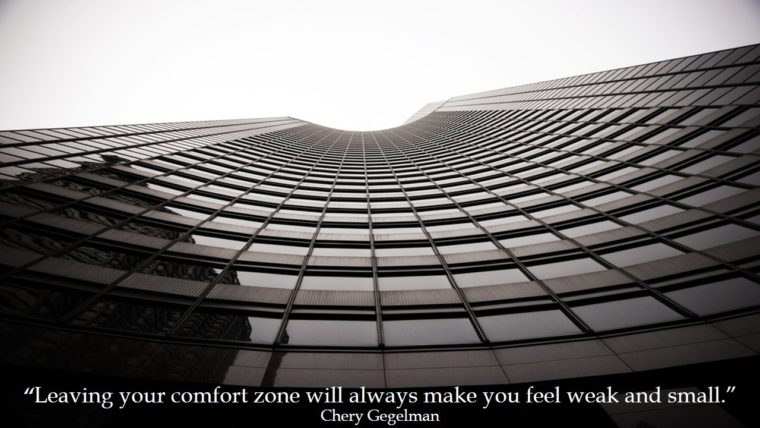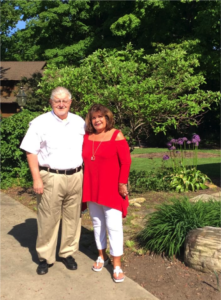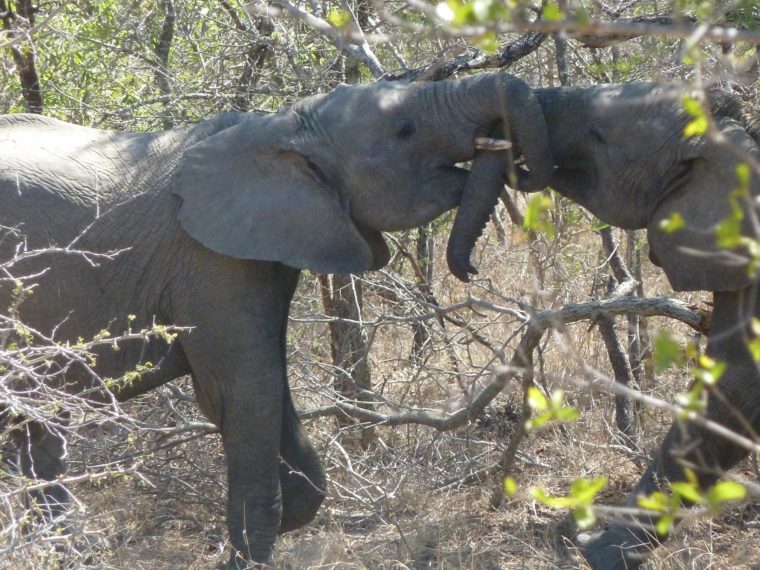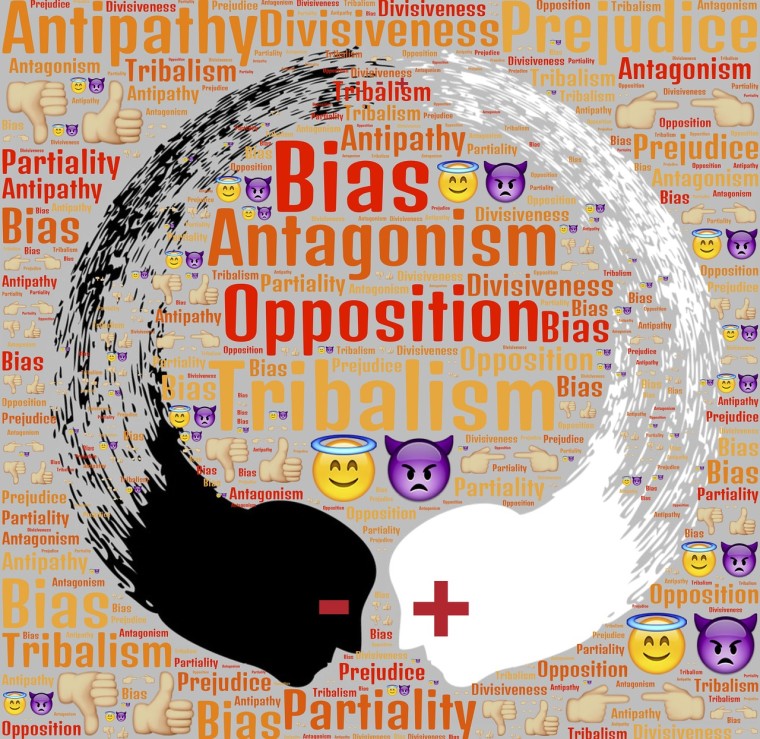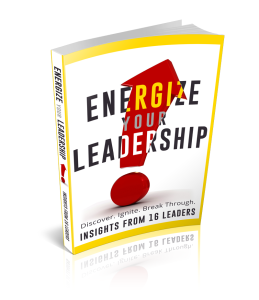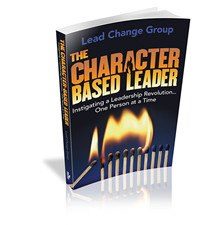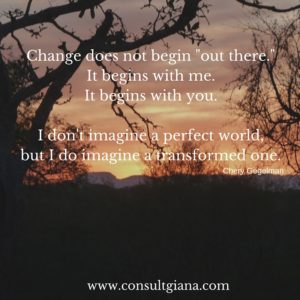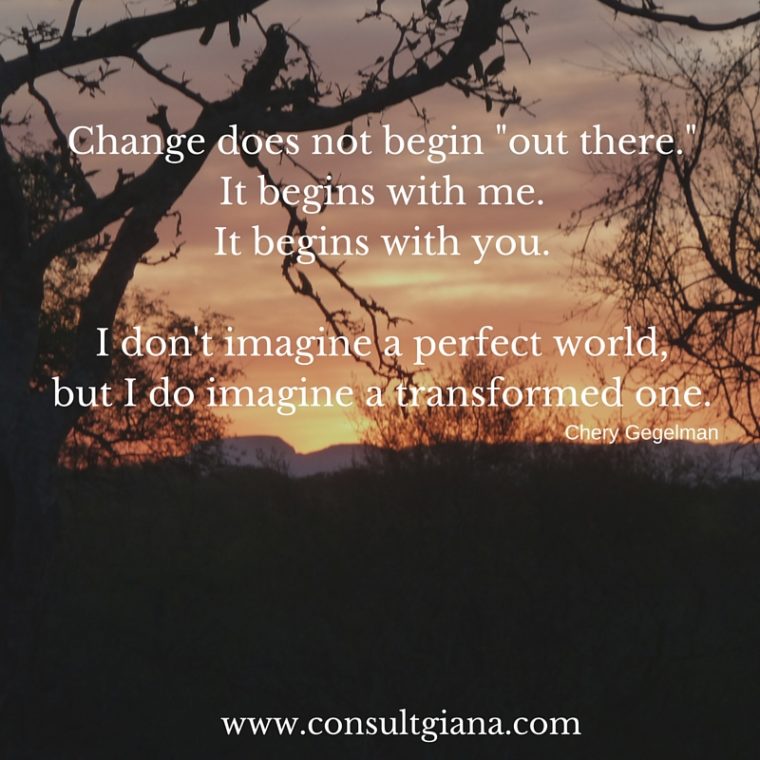
Last night right before I went to bed, I learned about the shooting deaths of 3 more police officers – this time in Baton Rouge. It is heart-breaking and tempting to feel helpless, as angry people continue to destroy lives and rock our world with bombings, shootings, and even trucks.
This time felt even more personal, as I used to live in Baton Rouge and drove and worked where the shooting took place. And in the time I was there, I fell deeply in love with the people, the city and the state of Louisiana.
I woke early this morning and immediately checked the news for updates and prayed.
A short time later, I was reminded that exactly three years ago today I posted an article about pain and anger as I tried to process the Trevon Martin case.
- Three more years of conflict.
- Three more years of finger pointing and blaming.
Clearly – What we’re doing isn’t working, as the conflicts are becoming more frequent and more violent.

